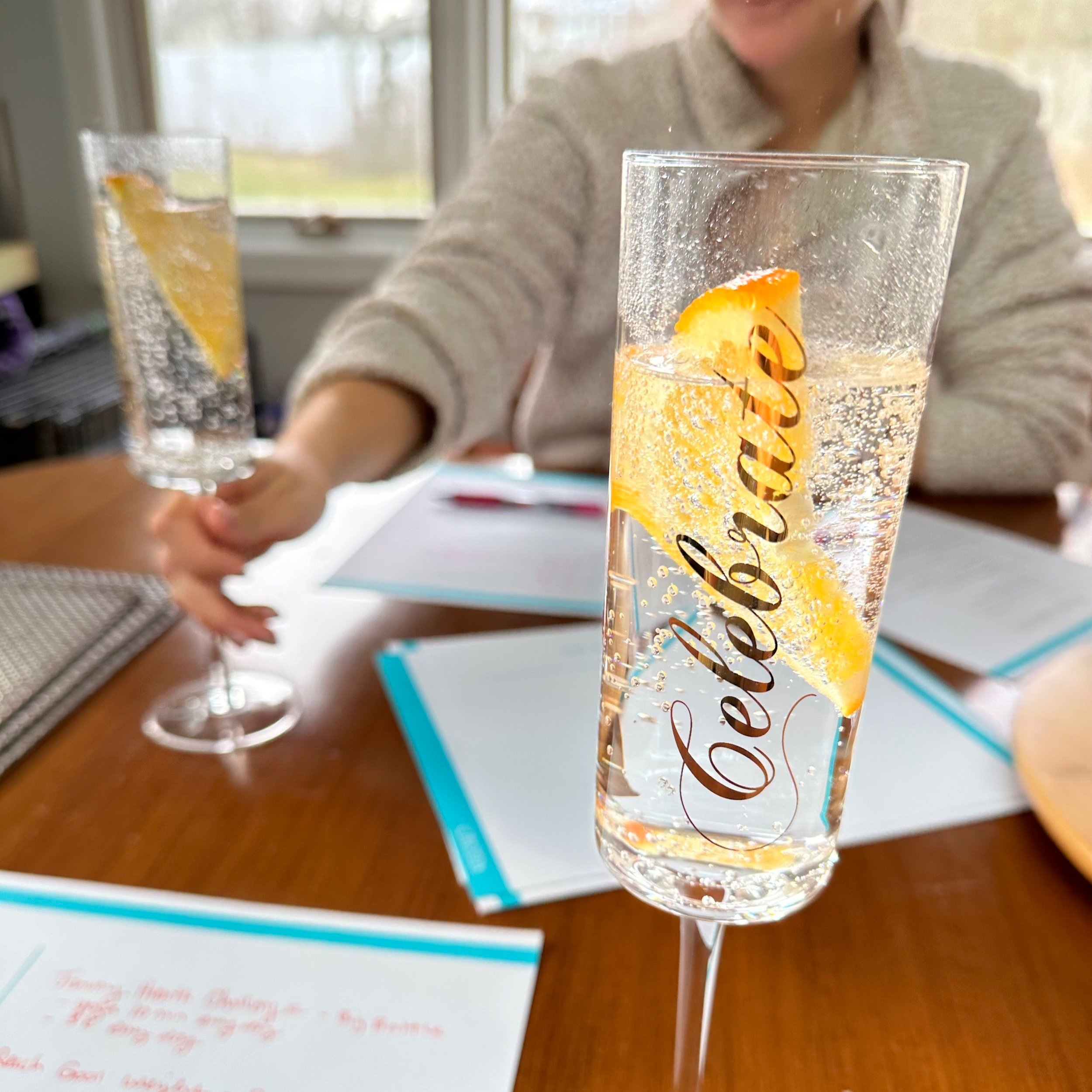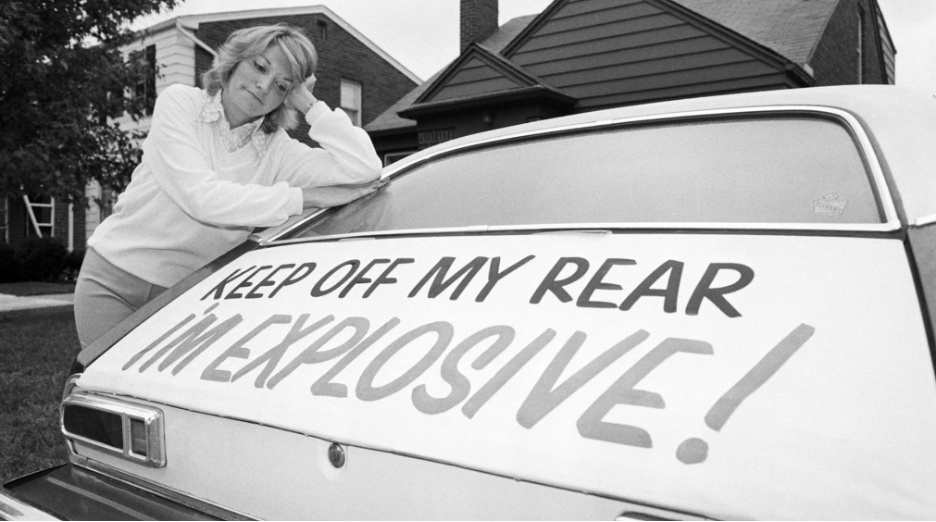Iron Sharpens Iron
It was about mile 7. Or maybe it was 8, when I first saw him coming up next to me. He hung there for a while, matching my stride, then falling a little behind when I would get some bursts of energy. Then, nearing mile 10, when I started to hit the wall, he edged far enough in front of me that I could see the back of his shirt. It read: Iron Sharpens Iron.
Iron sharpens iron comes from Proverbs 27:17 and is commonly seen as a verse that describes people making other people better. Just as two pieces of iron can make each other sharper, so can two humans.
When I saw it, I told myself, if he can do it, I can. We were clearly at about the same skill set when it came to running, as we had remained together for a few miles. So immediately I found a little more energy and pushed up next to him. Just stick with him, I thought. At a moment in the race when it would have been easy for me to give up on my sub-2 hour goal, it was another runner that kept me going.
Of course, it was years of running, showing up for myself daily, and building the mental strength needed in that moment that really made me capable. But even with all that. Even when we are ready. Even when we are prepared. Even then, we still have moments we want to give up and it’s the people running next to us that keep us going.
The trick is, though, to make sure the people running next to you are about the same pace. If not, instead of being motivated, the exact opposite happens - you become discouraged. This is called relative-deprivation or Big Fish-Little Pond Effect*. It is a phenomenon that happens in colleges when very smart students, who choose to go to very smart schools, end up dropping out of their first choice majors or publishing less after graduation. Whereas students with the same SAT scores who chose to go to not-so-smart schools, excelled during and after graduation. Why? Because how I do in something is less about my ability and more about how I feel about my ability.
The same fish feels little in a big pond, but big in a little pond and that feeling matters. Consider these findings:
“Citizens of happy countries have higher suicide rates than citizens in unhappy countries, because they look at the smiling faces around them and the contrast is too great… How you feel about your abilities - your academic “self-concept” - in the context of your classroom shapes your willingness to tackle challenges and finish difficult tasks. It’s a crucial element in your motivation and confidence.”
-Malcolm Gladwell
Perhaps the reason you haven't reached your goal yet is because you are comparing yourself to the wrong people. When I was running the race that day, if I was comparing myself to the woman in the front, I would have given up. But I didn't. I found my people and you need to find yours too.
*Relative deprivation was named by sociologist Samuel Stouffer during WWII, something I learned along with Big Fish-Little Pond Effect in the book David and Goliath by Malcolm Gladwell.











